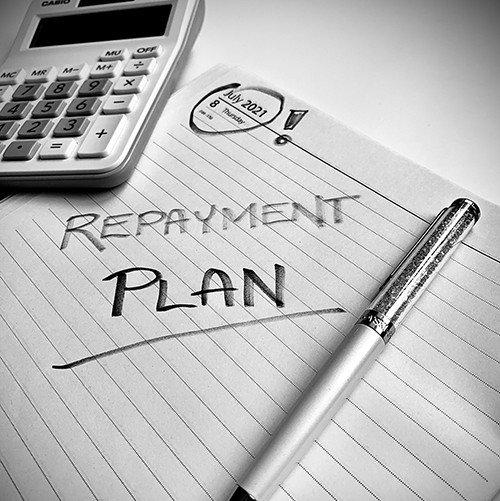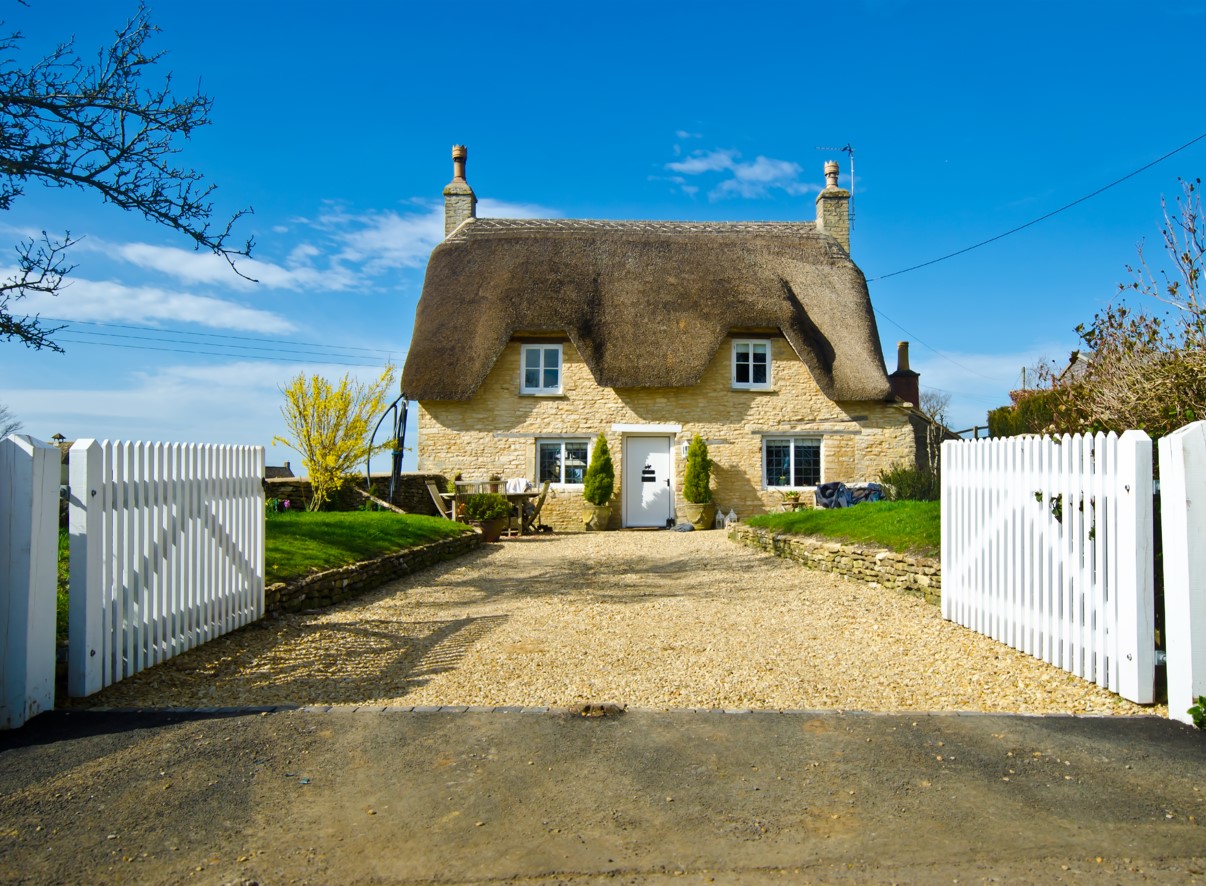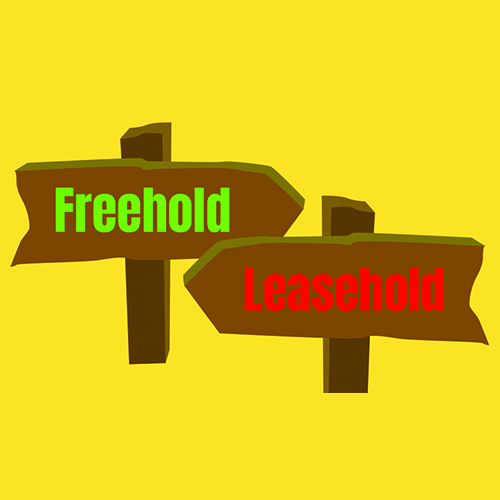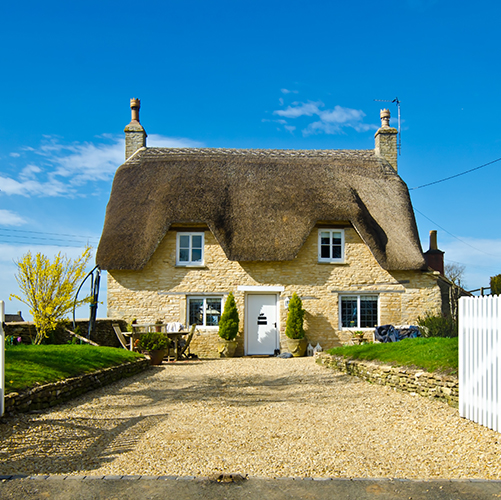
Mortgage Repayment Methods
2 August 2021
Jak przygotować się do wzięcia kredytu hipotecznego?
6 September 2021
If you are thinking about taking on a massive financial commitment, such as buying a home with a mortgage, you will do best to first understand the terms under which you will own your home, whether it be a house or a flat.
In the context of residential mortgages, the table below lists major distinctions between two common forms of property ownership you should familiarise yourself with.
| FREEHOLD | LEASEHOLD |
|---|---|
| Best and highest form of property ownership in England and Wales 1 | |
| A house (usually) | A flat (usually) OR a house bought through a shared ownership scheme |
| Pay the purchase price and pay no more additional charges in the future to the 3rd parties for managing your property/land | Pay the purchase price and be aware of future additional charges you may incur later on to manage your property/land, i.e. grand rent, service/maintenance charge |
| You own the house and the land it stands on | You own the flat but not the building and not the land the building stands on |
| You own the house for an indefinitely | You own the flat for as long as your lease agreement lasts for; your lease can be extended at any point but please be aware that there might be a fee payable to a Freeholder for extending the lease. |
| No limit to what you can do in your house as you control your property and land, i.e.: keeping pets, smoking, doing building works (within Permitted Development rights) | You may need permission of a Freeholder for example: to keep pets, to smoke, or to perform any building works; this means you do not have a full control over your property |
| You own the freehold; no charges apply | A freehold could be sold to third parties, resulting in possible ground rent and service charge changes |
| Historically, property value increased with time; however, the property value changes are dictated by the market conditions and the condition of the property itself | The value of the flat is dictated by the market conditions and the lease term remaining; the shorter the lease term the greater the possibility that the property may drop in value |
| Responsibility for the upkeep of the property and is yours | A Freeholder determines who has the responsibility, but you may need to pay towards the upkeep of the property |
| It’s your responsibility to insure the property | In majority of cases a Freeholder is responsible for the insurance of the building (but not the contents) - this may be part of your service charge |
Share of Freehold
When you buy a flat with a Share of Freehold this simply means that you take responsibility for the upkeep of the property along with other owners of the flats in the building as you all share the freehold of the property. There is no lease that could revert back to the Freeholder. You own the flat and a portion of land the building stands on.1 Please note, Scotland has a different law than England, Wales, and Northern Ireland, also with regards to the property ownership.


